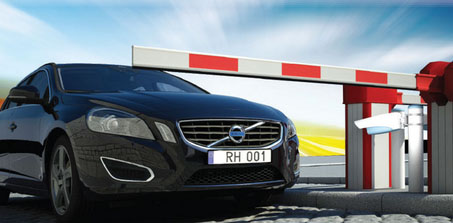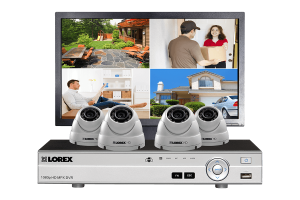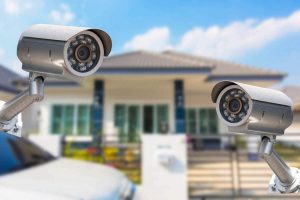Blog
PHYSICAL SECURITY
- July 21, 2022
- Posted by: SSDC Online Nigeria
- Category: blog News news Technology

Introduction
You might not think about it often, but physical security is one of the most important aspects of home and office safety. It’s the first line of defense against thieves, burglars, and other criminals.
There are several things you can do to improve the security of your home or office, and we’ll be discussing some of them in this post. Keep reading to learn more.
Definition of Physical Security
Physical security is the protection and monitoring of staff, assets, and information from physical threats. This can include things like security cameras, alarms, locks, and gates.
Physical security is vital for several reasons.
- It helps to prevent unauthorized access to your property or workplace.
- It also deters criminals and protects people from violence or injury.
- Additionally, physical security can help to keep sensitive information confidential.
Physical security is essential for keeping your property and your employees safe and secure.
Why Physical Security Is Important
You might be wondering why physical security is so important. Here are a few reasons:
1. Physical security solutions provide the first line of defense against unauthorized access to your property and data.
2. They can help deter crime, protect your employees and customers, and reduce insurance costs.
3. Physical security solutions are versatile and can be adapted to meet the specific needs of your business.
4. They can be integrated with other security systems, such as video surveillance, access control, and alarms to create a comprehensive security solution.
5. Physical security solutions are often more cost-effective than other forms of security, such as video surveillance or computer security solutions.
6. Physical security is vital for safeguarding your property and loved ones. It can provide peace of mind and help to keep you and your family safe from harm.
Additionally, physical security systems can help you to monitor your premises remotely no matter where you are.
The Consequences of Not Having Physical Security
You may think physical security is unimportant, but the consequences of not having it can be disastrous. Here are just a few reasons why physical security is so important:
1. It can prevent theft and loss of property.
2. It can deter criminal activity.
3. It can keep your employees safe.
4. It can protect your business from intruders.
The Different Types of Physical Security
There are a few different types of physical security that you can use to protect your home or office from burglars and intruders. The most common are security cameras, security alarms, and security gates.
Security cameras act as a visual deterrent and can help to identify perpetrators if a crime does occur.
Security alarms sound when someone attempts to break into your property, scaring away burglars and alerting you and the police to the situation.
Security gates provide an extra layer of protection by physically blocking people from entering your property.
Which type of physical security is right for you will depend on your budget and needs.
How to Implement Physical Security
Now that you understand the importance of physical security, it’s time to learn how to implement it into your business. The great news is that it’s not as difficult as you think!
There are a few basic steps to secure your premises and protect your employees and assets. Some of the most effective measures include installing CCTV cameras, setting up a security system, and having security personnel on staff.
If you’re unsure where to start, get in touch with a qualified security provider who can help you design a security plan that’s right for your business.
Conclusion
There are many dangers to physical security, both for people and property. You need to take several steps to ensure that your business and employees are safe from harm.
Some common dangers to physical security include:
– Theft
– Vandalism
– Terrorism
– Natural Disasters
You can reduce your risk of these dangers by having a comprehensive physical security plan such as security cameras, alarms, locks, and personnel training.



